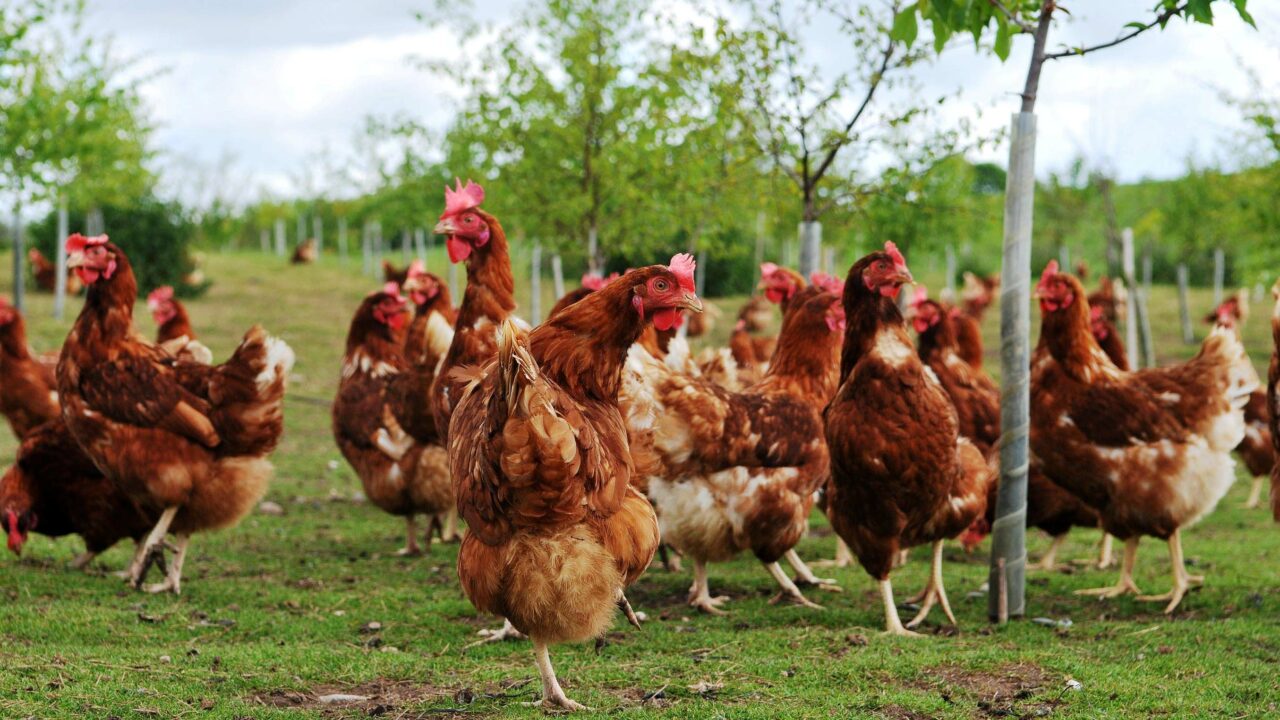The bird flu prevention zone in Northern Ireland, which was declared just before Christmas, has been extended until March 16.
The Department for Agriculture, Environment and Rural Affairs made the decision due to the continued risk of the highly pathogenic disease following recent outbreaks in the UK and the Republic of Ireland.
The extension was announced by the Chief Veterinary Officer for the department, Robert Huey.
“Within the Prevention Zone, all keepers of poultry and captive birds including small backyard flocks, are required to keep their birds indoors or take appropriate steps to keep them separate from wild birds.
“Failure to take these steps could have very serious implications not only for the keepers themselves, but for any of their neighbours that keep poultry including commercial poultry premises in the area,” he said.
A 10km control zone around the infected premises will also need to be established, which will impact on the movement of poultry in the zone for some time as well as affecting the ability to export poultry products, Huey added.
“Failure to comply with the housing requirement is also an offence and could lead to prosecution.
“I would again urge poultry keepers in Northern Ireland to be vigilant and where necessary improve their biosecurity.
“Even when birds are housed, there is still a risk of infection and biosecurity should not be compromised.
“Clothing and equipment should be disinfected, the movement of poultry should be reduced and contact between poultry and wild birds should be minimised,” he said.
Northern Ireland continues to remain free of bird flu
The Chief Veterinary Officer urged poultry keepers not to become complacent due to the fact that there has been no case of the disease detected in Northern Ireland as of yet.
“The Avian Influenza Prevention Zone is in place as a precautionary measure to help reduce the risk of infection from wild birds.
Expert advice remains that consumers should not be concerned about eating eggs or poultry and the threat to public health from the virus is very low.
There continues to be a ban on gatherings of some species of birds at events such as livestock fairs, auctions and shows.
This applies to those attending with bird species which are considered at higher risk of spreading avian influenza, including all poultry and game bird species, ducks, geese and swans.
Guidance to help bird keepers find practical ways of minimising contact with wild birds is available is available on the DAERA website.
